15 Expert-Approved Ways To Lose Water Weight Safely and Effectively
Water weight can make you feel bloated and uncomfortable, especially when trying to achieve a leaner appearance. While water retention is a normal body process, it can sometimes result in unwanted puffiness. Fortunately, there are safe and effective methods to help your body shed excess water weight without resorting to drastic measures.
Whether you’re preparing for an event or simply want to feel lighter, these expert-backed strategies can help. Here are some practical and healthy ways to lose water weight while keeping your body balanced.
Reduce Sodium Intake
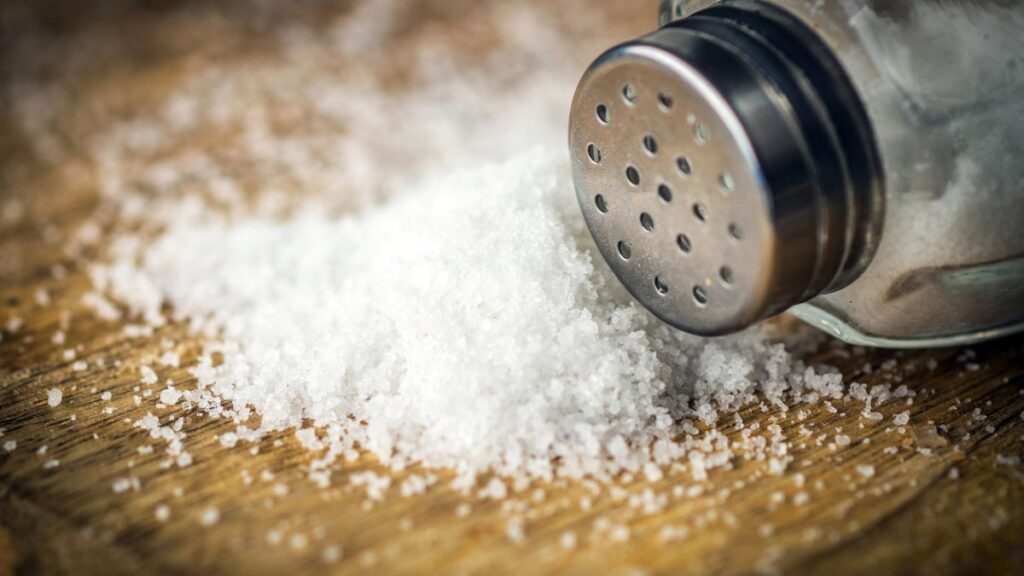
One of the primary causes of water retention is consuming too much sodium. When you eat salty foods, your body holds onto water to dilute the excess sodium. To reduce water weight, cut back on processed foods like canned soups, salty snacks, and pre-packaged meals, which tend to be high in sodium.
Instead, focus on whole foods, fresh fruits, and vegetables, and flavor your meals with herbs and spices rather than salt. This can help your body release excess water and reduce bloating.
Drink More Water

It may seem counterintuitive, but drinking more water can actually help your body shed water weight. When you’re dehydrated, your body holds onto water as a survival mechanism. Staying properly hydrated encourages your kidneys to flush out excess water and sodium.
Aim for at least 8 glasses of water a day, and adjust based on your activity level. Drinking water consistently also supports healthy digestion and keeps your metabolism functioning smoothly.
Eat Potassium-Rich Foods
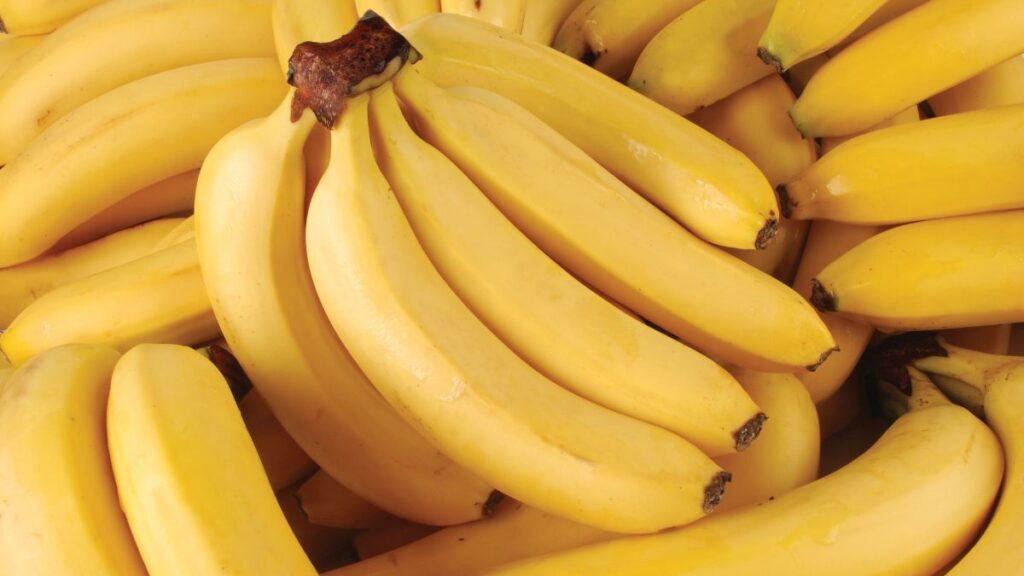
Potassium is a key nutrient that helps balance the fluids in your body. It counteracts the effects of sodium by encouraging your kidneys to excrete more water. Foods like bananas, avocados, spinach, and sweet potatoes are rich in potassium and can help you maintain proper fluid balance.
Incorporating these into your meals can reduce bloating and make you feel less puffy. Experts recommend getting potassium from food sources rather than supplements for the best results.
Limit Refined Carbs

Refined carbohydrates, like white bread, pastries, and pasta, can lead to water retention by causing your insulin levels to spike. High insulin levels make your body retain more sodium, which in turn causes water retention.
To reduce water weight, switch to complex carbs like whole grains, brown rice, and oats, which are digested more slowly. This helps regulate your insulin levels and reduces the likelihood of holding onto excess water.
Exercise Regularly

Exercise is one of the most effective ways to shed water weight. When you work out, you sweat, which helps release excess water from your body. Cardiovascular exercises, such as running, swimming, or cycling, are particularly helpful for this.
Exercise helps you lose water weight and promotes overall health by improving circulation and metabolism. Experts suggest incorporating regular physical activity into your routine for long-term benefits.
Cut Back on Sugary Drinks

Sugary drinks, like sodas, energy drinks, and sweetened coffee, can cause water retention. The high sugar content raises your insulin levels, leading your body to retain more water.
Replace sugary beverages with water, herbal teas, or infused water with fruits like lemon or cucumber. These healthier drink options will help you lose water weight and keep your overall calorie intake lower, supporting your weight loss goals.
Try Natural Diuretics

Certain foods and beverages have natural diuretic properties that encourage your body to excrete excess water. For example, dandelion tea, green tea, and cucumber are known to help flush out water.
Adding natural diuretics to your diet can provide a gentle and safe way to reduce water retention. However, using diuretics in moderation and staying hydrated is important, as too much can lead to dehydration.
Eat More Fiber
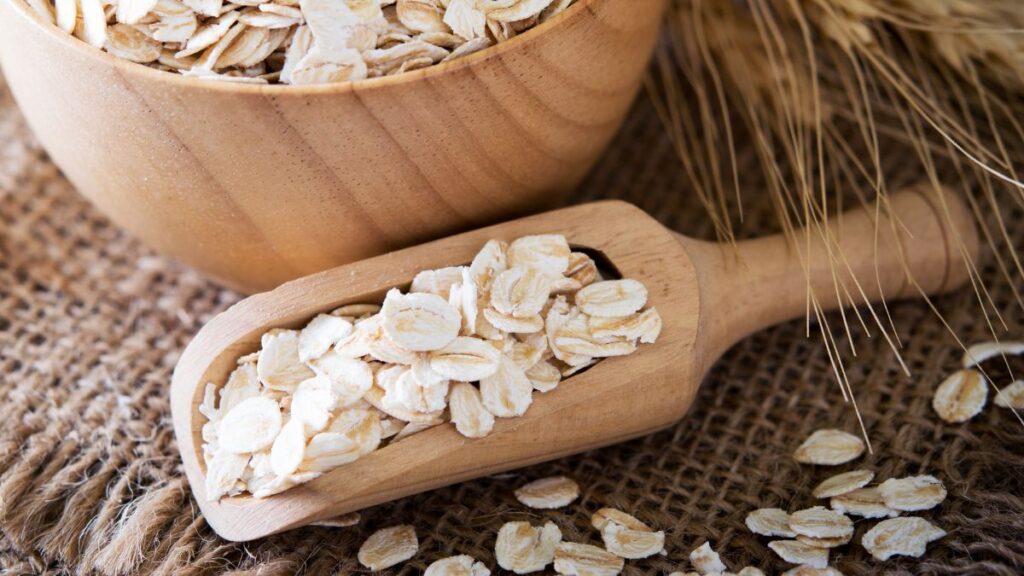
A high-fiber diet helps reduce water retention by supporting healthy digestion and reducing bloating. Foods rich in fiber, like leafy greens, oats, beans, and chia seeds, promote regular bowel movements, which helps your body get rid of excess water.
Fiber also helps keep your blood sugar levels stable, preventing insulin spikes and contributing to water retention. Incorporating more fiber into your meals can make you feel lighter and less bloated over time.
Get Adequate Sleep

Lack of sleep can disrupt your body’s natural water balance and lead to water retention. During sleep, your body regulates hormones that influence fluid retention, such as cortisol and insulin.
When you don’t get enough rest, these hormones can become imbalanced, causing your body to hold onto water. Aim for 7-9 hours of quality sleep each night to support your body’s natural processes and reduce water weight.
Avoid Alcohol

Alcohol is a major culprit in water retention and bloating. It dehydrates the body, which causes the system to hold onto water in an attempt to prevent further dehydration.
Alcohol can disrupt your electrolyte balance, making it harder for your body to release water. Cutting back on alcohol, or avoiding it altogether, can help you lose water weight and prevent bloating.
Incorporate Magnesium-Rich Foods

Magnesium is an essential mineral that helps regulate fluid balance in your body. It works in tandem with potassium to reduce water retention by supporting kidney function.
Foods like leafy greens, nuts, seeds, and whole grains are excellent sources of magnesium. Including these in your diet can help reduce bloating and improve your body’s ability to excrete excess water naturally.
Manage Stress Levels
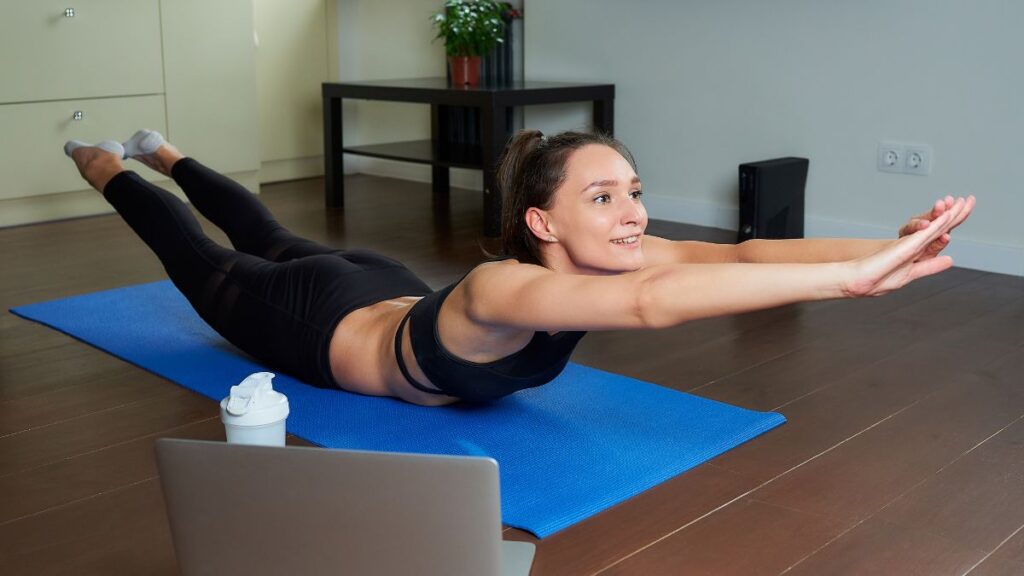
High-stress levels can cause your body to produce more cortisol, a hormone that contributes to water retention. Chronic stress can disrupt your body’s ability to regulate water balance, leading to bloating and puffiness.
Engaging in stress-relieving activities like meditation, yoga, or deep breathing exercises can help lower cortisol levels. By managing your stress, you’ll help your body release excess water and feel more balanced.
Use Compression Garments
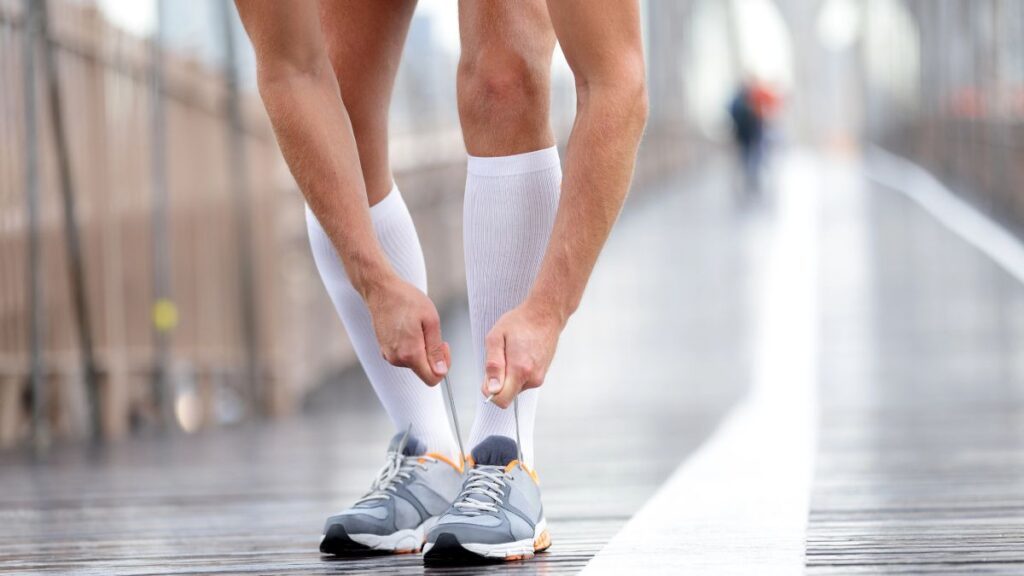
While it’s not a dietary change, wearing compression garments can help reduce water retention, especially in your legs and feet. Compression socks or leggings improve circulation and encourage your body to move excess fluid out of the affected areas.
This can be particularly helpful if you’re prone to swelling after long periods of standing or sitting. Wearing compression gear can provide immediate relief from water retention and make you feel more comfortable.
Take Epsom Salt Baths

Soaking in an Epsom salt bath can help draw excess water out of your body. Epsom salts contain magnesium sulfate, which can be absorbed through the skin and help reduce water retention.
A warm bath also promotes relaxation and improves circulation, which can further help release excess water. Try soaking for 20-30 minutes to experience the full benefits of this easy and soothing remedy.
Track Your Progress

Monitoring your water weight loss journey can help you stay on track and see how your efforts are paying off. Weigh yourself consistently, but keep in mind that your weight may fluctuate due to natural water retention.
Tracking your meals, hydration, and activity levels can also help you identify patterns and adjust your strategies if needed. By staying mindful of your progress, you can make informed choices and continue to lose water weight safely.
15 Unhealthy Habits Retirees Should Seriously Consider Stopping

Retirement marks a new chapter in life, offering the freedom to pursue passions and enjoy well-deserved relaxation. However, it’s also a time when certain habits, once harmless, can harm health and well-being.
15 Unhealthy Habits Retirees Should Seriously Consider Stopping
Cheapest Breakfast Sandwich Options: Savory Savings for Your Morning Meal

Finding an affordable breakfast sandwich that satisfies your taste buds and your wallet can be a challenge, but it’s a worthwhile endeavor for many seeking a quick and cost-effective start to their day.
Cheapest Breakfast Sandwich Options: Savory Savings for Your Morning Meal







